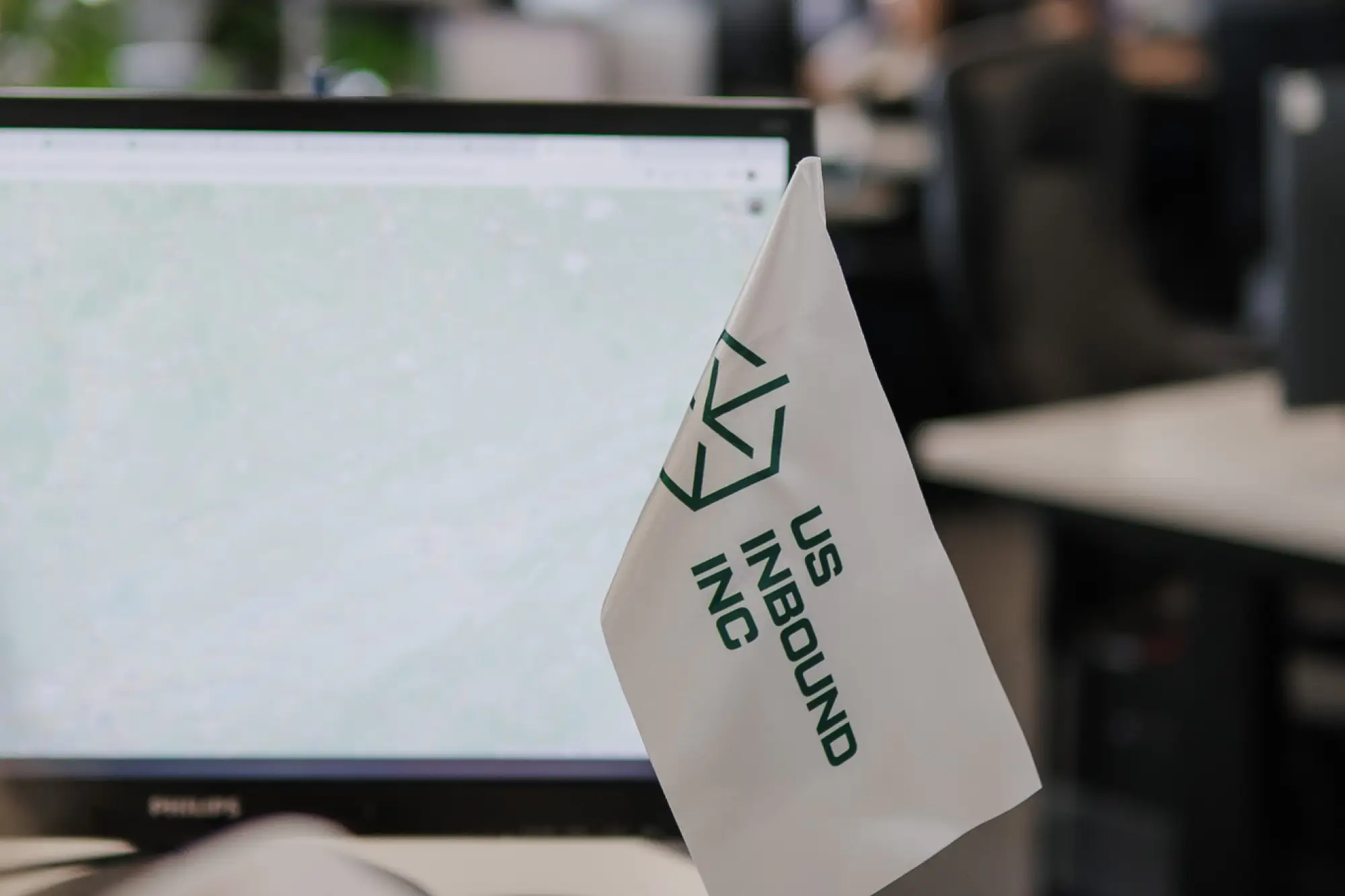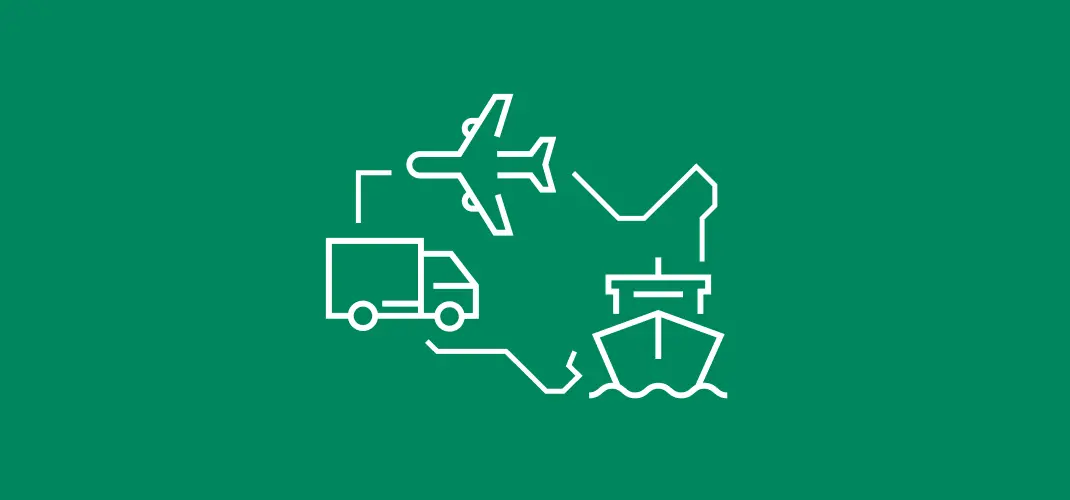What are Incoterms? Why are they so important? Established by the International Chamber of Commerce, Incoterms serve as universal commercial terminology used in international contracts for the sale of goods. Their significance is hard to overstate as they define the responsibilities of buyers and sellers, determining who bears the cost and risk at each stage of the shipping process.
For businesses engaged in global trade, adhering to the right Incoterms is critical as they influence the efficiency and reliability of supply chains. The correct choice of an Incoterm can streamline operations, optimize costs, and mitigate risks. Conversely, selecting an inappropriate term can lead to unexpected expenses and logistical challenges. A comprehensive understanding of Incoterms is a foundational element for successful international commerce and extremely vital for freight forwarders, ensuring that goods are transported under clear and mutually agreed-upon terms.

Incoterms Basics
Incoterms, a foundational aspect of international trade, are a set of 11 standardized rules defining the responsibilities of sellers and buyers in the transportation of goods. These terms, created by the International Chamber of Commerce (ICC), are essential in clarifying the tasks, costs, and risks involved in the delivery of goods from the seller to the buyer. Each term, representing a unique arrangement, plays a crucial role in global commerce, ensuring clarity and consistency across borders.
Common Incoterms:
One of the most common Incoterms is EXW (Ex Works), which places minimum responsibility on the seller. Under EXW, the seller is only required to make the goods available at their premises (factory, warehouse, etc.). The buyer bears all costs and risks in taking the goods from the seller’s premises to the desired destination. Sellers often favor this option, as it minimizes their risk and responsibility.
One of the most common Incoterms is EXW (Ex Works), which places minimum responsibility on the seller. Under EXW, the seller is only required to make the goods available at their premises (factory, warehouse, etc.). The buyer bears all costs and risks in taking the goods from the seller’s premises to the desired destination. Sellers often favor this option, as it minimizes their risk and responsibility.
Another one is FCA (Free Carrier), where the seller delivers the goods, cleared for export, to a carrier chosen by the buyer at a specified location. This Incoterm is more flexible than EXW, as it allows for the designated location to be within the seller’s country. The risk transfers from the seller to the buyer at the point where the goods are handed over to the first carrier.
The next one is CIF (Cost, Insurance, and Freight). It is an agreement where the seller pays for the costs, freight, and insurance to bring the goods to the port of destination. The risk is transferred to the buyer once the goods are loaded onto the shipping vessel at the port of origin. This term is typically used for sea or inland waterway transport.
DAP (Delivered at Place) is another common Incoterm. It requires the seller to deliver the goods to a specified place, ready for unloading at the destination. The seller bears all risks involved in bringing the goods to the selected location. The key characteristic of DAP is that the seller is responsible for all costs and risks, excluding duties and taxes.
Last but not least, DDP (Delivered Duty Paid) represents the maximum obligation for the seller. In this arrangement, the seller is responsible for delivering the goods to a named destination in the buyer’s country, including all costs and risks involved in the process and the payment of duties and taxes. This term is highly advantageous for buyers, as it minimizes their responsibility and risk.
Each term addresses specific needs, which makes choosing the appropriate Incoterm a critical decision in international transactions.
Customs Clearance and Incoterms
Customs clearance is an integral part of international shipping, involving the preparation and submission of documents required to facilitate exports or imports into a country. The chosen Incoterm significantly influences this process, affecting the responsibilities for shipping, risk allocation, and cost distribution between the buyer and seller.
Under Incoterms like EXW (Ex Works), the buyer takes the brunt of responsibility for customs clearance. This includes managing all export and import formalities, duties, taxes, and other fees. The seller’s responsibility ends once the goods are made available at their premises. In contrast, Incoterms like DDP (Delivered Duty Paid) shift the entire burden of customs clearance onto the seller. The seller is responsible for all customs procedures, duties, and taxes until the goods are delivered to the buyer’s specified location.
In terms of risk allocation, choosing the right Incoterm is also essential. For instance, under CIF (Cost, Insurance, and Freight), the seller is responsible for arranging and paying for transportation to the destination port, including insurance. However, the risk transfers to the buyer once the goods are loaded onto the ship. This means that during the sea transit, the buyer is responsible for any customs-related issues that might arise at the destination port.

Cost distribution is another aspect deeply impacted by Incoterms. Terms like FCA (Free Carrier) and DAP (Delivered at Place) offer a more balanced approach. In FCA, the seller delivers the goods to a carrier the buyer chooses, with costs being divided at this point. The buyer takes over the shipping costs and customs clearance from this point forward. In DAP, the seller bears all costs and risks in delivering goods to a specified place, but the buyer is responsible for unloading the goods and any import duties.
By choosing the appropriate Incoterm, businesses can optimize their shipping processes, ensure compliance with customs regulations, and avoid unexpected costs and delays.
Which Incoterm Do I Need?
The right choice depends on factors like risk tolerance, cost allocation, and logistics control. Understanding these elements can help you make the right decision tailored to your shipping needs.
Risk tolerance is the first factor to consider. Different Incoterms shift the point at which risk transfers from the seller to the buyer. For instance, under EXW (Ex Works), the buyer assumes risk and responsibility almost immediately, as the seller’s obligation ends once goods are available at their premises. This suits buyers with a high-risk tolerance who prefer control over the entire shipping process. Conversely, DDP (Delivered Duty Paid) places most of the risk on the seller until the goods reach the buyer’s location, appealing to buyers seeking minimal risk.
Cost allocation is another critical factor. Incoterms define who pays for what part of the shipping process. Thus, FCA (Free Carrier) or CIF (Cost, Insurance, and Freight) might be more appropriate for cost-conscious businesses. FCA allows for a clear division of costs at a specified point. At the same time, CIF includes insurance and freight costs paid by the seller, which can be beneficial for buyers wanting to avoid complex logistics arrangements.
Logistics control is also worth your attention. Some businesses might prefer Incoterms, giving them more control over shipping. DAP (Delivered at Place), for example, offers the seller control over the transportation process until the final destination, which can be advantageous for sellers with established logistics channels. On the other hand, buyers looking for more control might prefer EXW or FCA, where they manage the transportation from the seller’s premises or a designated location.

Businesses should assess their internal capabilities, financial resources, and preferences in managing logistics. By carefully considering these factors, companies can select an Incoterm that aligns with their shipping needs.
Summary:
Incoterms, including EXW, FCA, CIF, DAP, and DDP as the most common of them, are indispensable in shaping effective and efficient shipping as they set shipping rules and govern responsibilities, risks, and costs between buyers and sellers. Choosing an appropriate Incoterm can simplify customs clearance, minimize potential risks, and improve global shipping operations by optimizing risk tolerance, cost allocation, and logistics control.
The selection of an appropriate Incoterm cannot be underestimated. So does selecting a trusted and reliable logistics provider like US InBound. Such partnership guarantees seamless, efficient, and compliant international trade.




